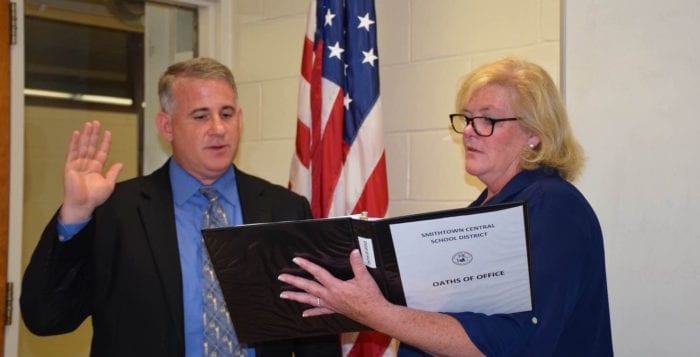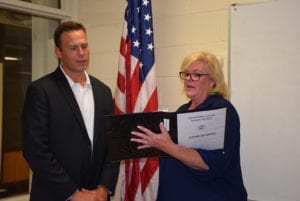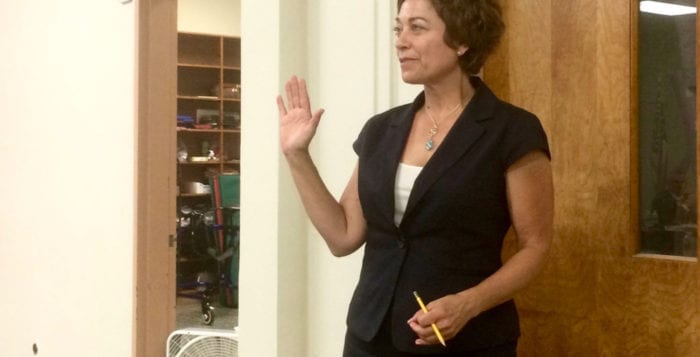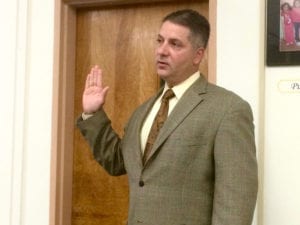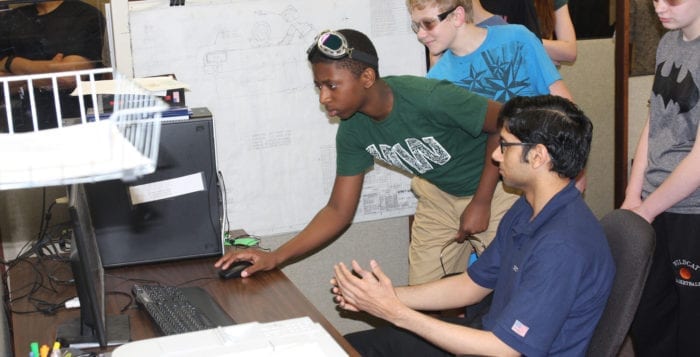Ryan DeVito
The adage “location, location, location” should be applied beyond the real estate market. Where you choose to learn and intern can have a significant effect on your success. Like it or not, urban environments trump sleepy suburbia every time.
I’m not a sociologist, but it’s hard not to notice certain trends in my peer groups. Those who attended college in urban areas seem to have found post-graduate employment more easily. Their networks tend to be large and diverse, too. On the other hand, those who ventured out into the hinterlands for college seem to have had decidedly less luck when it came to immediate post-graduate employment.
What’s the difference-maker for urban students? It boils down to a few key elements.
First, urban environments multiply the network effect. Students attending urban colleges have more opportunity to network with diverse audiences who, in turn, refer those students to their own networks. This is a big deal when it comes to landing an internship or job. Having someone recognize your name — or, better yet, offer a personal recommendation — goes a long way in the hiring process.
Second, so-called hybrid professors are more likely to reside and teach in urban areas. These are the professors who have vast experience outside of academia. They are the movers and shakers who, for one reason or another, choose to impart their wisdom on a new generation of students.
Third, colleges and companies are connected to their cities. Urban colleges often encourage their students to engage with their city community, whether it be through service or some other outlet. Companies that are invested in the socioeconomic development of their community tend to prefer to hire those who are already a part of that community. Therefore, someone studying at New York University is likely going to have a much easier time landing a position in New York than would someone studying at Indiana University, a cultural world away.
There’s a reason why New York University spent enormous amounts of money to build housing for students in the village. Prior to the late 1980s, NYU had a reputation as a commuter school in the shadow of Columbia University and Fordham University. Giving students the opportunity to live in the city and become a part of its social fabric quickly changed the university’s reputation in the region.
Now, there are always those rising stars who are able to transcend geographic factors. Going to college in the middle of nowhere isn’t a success-killer. Far from it. Some of the most renowned colleges in the world, including Cornell University and Dartmouth College, feature isolated locations.
Location matters. As you plot you future, consider how an urban environment could help you take your education and career to the next level. Urban environments are professional accelerators. Still, it’s up to you to make the most of that grand opportunity.
Ryan DeVito is a Miller Place native who started a college advising company to help Long Island students reach their potential. Learn more at www.TheModernGraduate.com



